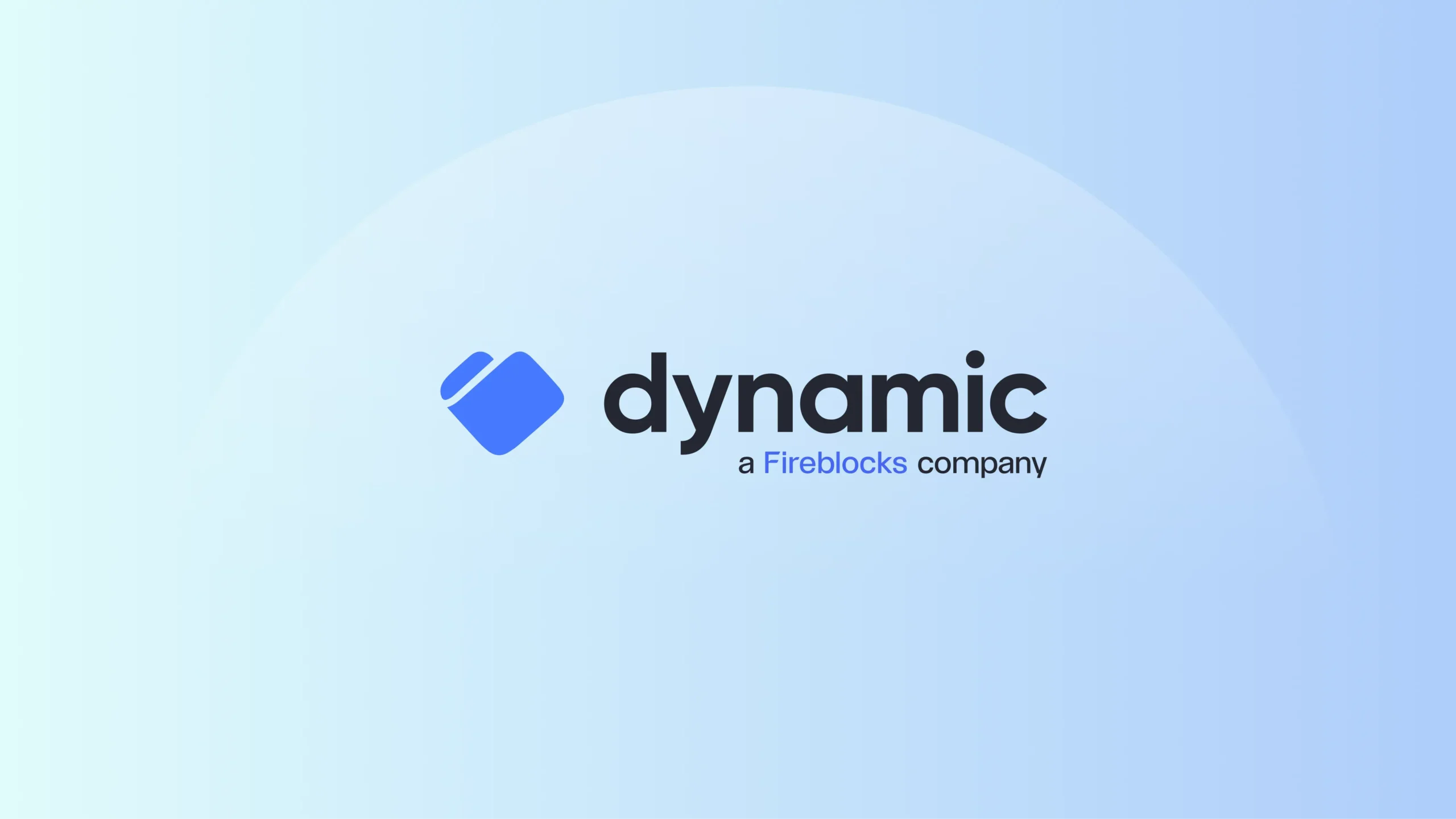Intro to DeFi
An intro to DeFi: how it works, its use cases, benefits, and more.
Hey, everyone. Welcome to Fireblocks Academy. My name is Chris Jamieson. I’m the director of enterprise programs here at Fireblocks.
And in this video, we’re gonna take you through at a very high level what is decentralized finance or DeFi. Now, DeFi is a very big topic. It can get very complex and very technical very quickly. You’re gonna hear a lot of crazy terms thrown out there like yield farming and staking.
We’re not gonna get into that in this video here right now. We’re gonna keep this at a very high level and really try to focus on the business first side of things as a starting point. Now, essentially, what we’ll do is we’ll go through a traditional finance traditional financial services example and then dive into to kinda what DeFi is and how that essentially works. And then, again, highlight the differences at the end.
So to start, let’s start with our TradFi example.
Now the easiest example that I can think of is I have money and I go and deposit it in a bank, and I am paid interest on the money that I keep in there for keeping that money in there. Essentially, The bank then turns around and lends this money to maybe individuals to buy a house or maybe it’s a corporate customer to, you know, buy a new office space.
And they, in turn, pay interest back to the bank. And what the bank keeps is what’s called the spread, which is the difference between the interest that they’re charging customers that are borrowing from them and the interest that they’re paying me as a depositor. This is called spread lending. This is basically how banks have made money for hundreds of years.
Now, let’s look at DeFi.
So, what is DeFi?
DeFi, in its very basic form or simplest form, is automated peer to peer finance. And again, keeping it in a the most simplistic form that we can, think of it as an a way to earn extra yield on the assets that you already own. Almost like an Airbnb for crypto.
And essentially what happens is, is that let’s just say, and we’ll walk through a very simplistic example, let’s just say that I have one bitcoin and this is just sitting in a wallet somewhere and I wanna go and earn some extra yield on this, on on the whole things that I have, this specific bitcoin. What I’ll do is is I’ll go find a DeFi platform that I can go use. Let’s say it’s maybe it’s someone like Aave or Compound. I will find where some where the, pledging is for for, for Bitcoin, and I will essentially take my Bitcoin and pledge it into a smart contract.
Now a smart contract very simply is just codified logic that helps automate tasks that, you know, generally human beings might do such as setting interest rates or, you know, issuing margin calls when collateral falls below a certain level. Now in this very simplistic example, I’ve essentially pledged my Bitcoin into the smart contract, and then someone is essentially going to borrow my Bitcoin.
I do not know who this person is.
That’s part of that’s part of DeFi. And they are gonna essentially pay me interest in Bitcoin back.
And, frankly, this is very simply how DeFi works. I can essentially take my money out of the smart contract at any time as well as take the interest with me, when I leave as well. Now the main thing I just wanted to highlight here in terms of the differences between DeFi and TradFi in this specific example or that in the TradFi example, the bank is essentially making the decision as to where, my money, my deposited money is going. And in this in the DeFi example, I, as the person that is actually putting my money into the smart or my my assets into the smart contract, are making that decision myself.
So to summarize, DeFi is really nothing more than automated peer to peer finance, and it’s really a way for you to earn additional yield on, again, the assets that you already own. And certainly different from the TradFi way of doing things right now where essentially you have a middleman or intermediary making those decisions for you.
Thank you so much for joining And for more educational content, join us at Fireblocks Academy.
